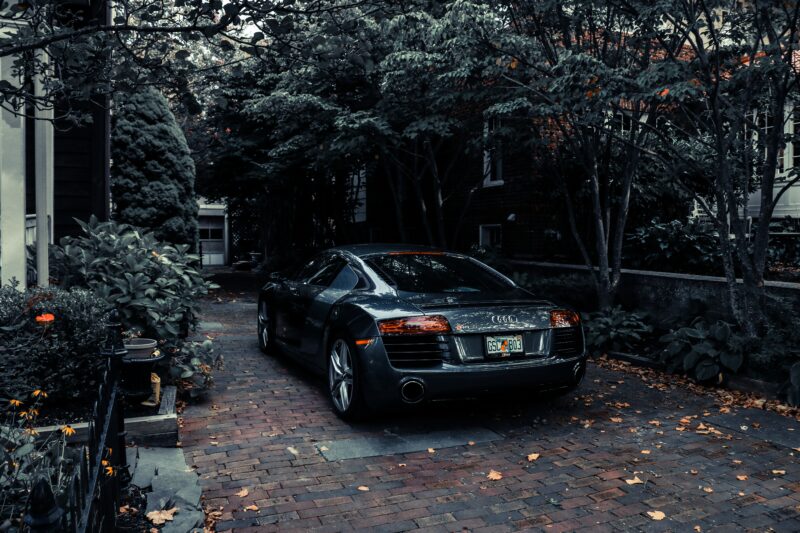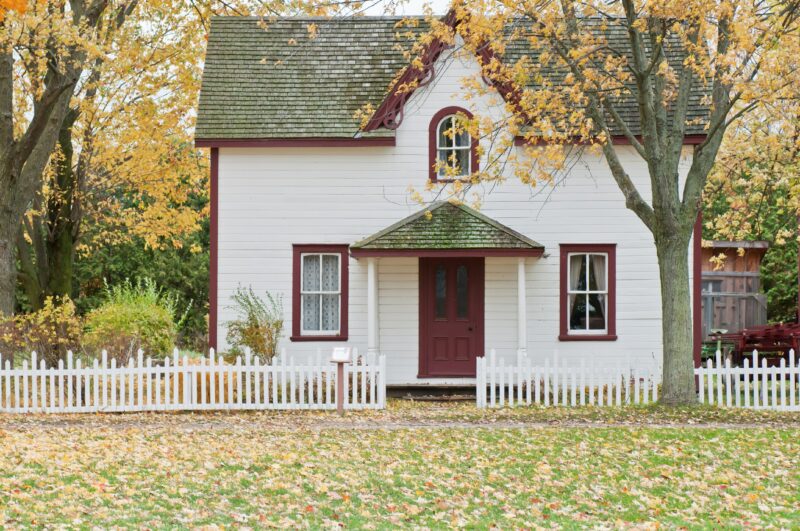For fresh graduates or those who are new to the workforce, buying a property or a car will be a huge investment.
Naturally, a house should be more expensive than the car you buy, but which should you buy first?
A house or a car?
The current scenario
You are likely to be set back by the current high prices of houses or apartments. If a new graduate coming into employment earns about RM2000 to RM3000, your choice is really not extensive. What’s more with the high cost of living especially in urban areas like the Klang Valley. You may not even able to make ends meet, let alone to be able to think about the unthinkable….buying a modest house in the city?
With prices of many apartments being launched in Kuala Lumpur being in the RM400K region in the bare minimum, this is not what you contemplate if you only earn RM3000 per month. What about rentals, transportation and food costs? Not counting entertainment or even basic communication needs. PTPTN repayments, Astro?
World Bank guidelines provide that for a house to be rated “affordable”, the cost of the house should be in the region of 3 times the annual household income. Taking the case of a household income of RM3000 per month, this will work out to be an annual RM36000 income. This means that the ratio of ten would be unrealistic in the current property market. This scenario is unlikely to change unless income levels rise significantly and unexpectedly or prices of houses reduces drastically.
This unaffordability ratio means that for many working people, buying a car would probably be the automatic forced choice. Hobson’s choice or actually no choice!
Unless of course you’re living in an area where Grab or other public transport is highly accessible. For many states in Malaysia, you may still need to get a car to work.
Why buying a car is an automatic first choice for many people?

Considering that the majority of working population are not staying near their work places, most of us have a daily requirement to be able to travel to and from the office. This means you need a means of transport to work or even to fetch your children to school. Buying a car therefore seems to be a choice forced upon you. Besides, Malaysia has two national cars projects which Malaysians were rightly proud. Whether Proton or Perodua cars, they have been on the road for many years.
There is now an affordable variety and range of these used cars on the market. From cheap to the more pricey, car buyers have a good time to choose. You can get a reasonably good car for anything between RM8K to RM50K (2nd hand). This is affordable for many young working adults. They provide you with a good alternative to the “walk and train ride” option.
This car is likely to be a basic unit which serves to move you and your family around. Nothing fancy like BMW or Cooper. With the basic car, you are able to have a more flexible way of meeting your daily transport requirements effectively.
Hence, you are likely to buy a car as the first option especially for those of you currently in the B40 class. Buying a house therefore has to be postponed until you are earning more and can project yourself into the M40 class or even the T20 space.
Those of you who are in the M40 class may have a more confusing choice. You are likely to already have been owning a car for some time. The car that you are using would probably be basic and also a cheaper second hand specimen. You now have more disposable money. You are most likely to be choosing whether to buy a more expensive car to replace the present car or buy a house.
Buy a house now? A viable option
The fact that you can now think about buying a house and become a property owner, feels really good. What life is worth living if you don’t own the unit you are staying in? This is especially if the money you pay as rental every month is being “wasted” without gaining any proprietary right. You should and must do something! After all, many of your friends have purchased their own places. And they look very happy as house owners. Why not you too?
You are also reminded that the car you bought some years back is now worth half the price you paid for. Although the car had served its role, It is also an asset that depreciates in value every year. Furthermore you heard that your neighbor, who bought his unit, could now easily get nearly double for what he paid for. Buying a house can be a great investment if you can afford it.
What type of housing?

You are likely to be persuaded that a living space (whether landed or high rise) located near to good amenities and your work place would be ideal. Shopping outlets should be nearby. Close proximity to warongs or stalls selling your favorite food would be helpful. Schools for your children in the vicinity will make the property more attractive. Also, if your future abode is easily accessible to the train stations, it would be really good in solving the daily traffic congestion to work. The clarion call for property buyers of “location, location, location” could not have been more suitable.
Developers are now also increasing their offering of units near the train stations or transport hubs. Many developers has started to appreciate that developing land near these stations would stand to enjoy better sales. People buying such units have seen their properties hold their values even in gloomy economic times. So you should also be looking for units with such characteristics.
But what about affordability
You would still need to address the affordability issue in order to buy a house. You need to consider factors which include income level, interest rates, payment installment, debt servicing ratio and down-payment. An example. If you are considering buying a unit for RM400K, an upfront sum of about 20% (about RM80K) may be needed to cover the down payment , legal fees and other incidental expenses.
Then, you need to apply for a loan of RM320K to complete the purchase. Here your ability to service the loan will be assessed. Considering the current interest rates on housing loans, the monthly loan repayment over 30 years period is likely to be around RM1,500. Considering a debt repayment ratio of 30 percent, you are likely to be more successful with the bank if you have an income in excess of RM6,000.
That said, if you are able to work and service the loan for the next 30 years, the house will be yours. This may be a sufficient impetus for you to persevere for so long. There are only a few feelings more satisfying than owning your own home.
The future scenario
You will continue to be forced to buy a car first in order to satisfy the basic needs of work and travel for obvious reasons. It is not immediately foreseeable that income levels will rise so significantly that the property prices will become affordable. Also it is not probable that the prices of new private houses will be offered at a such a low level which makes it affordable. However, there are signs that the present overhang of unsold property units is large at about 30K units. It’s an indication that prices of housing is no longer rising at the rate which is seen over the immediate past years. Perhaps the prices may even fall. Then, property will become less unaffordable.
You will continue to be challenged with transport needs although better ride-hailing services, MRT, LRT, KTM or BTS services will play a more positive and effective role. Your need to buy an additional car may be reduced, especially if you’re living in the city. Some have already opted out of buying a car, ever since ride-hailing services were introduced. This could then funnel more money to enable you to buy a property earlier.
The majority of people can eventually earn enough to consider the buying a property (whether a cheaper government promoted project e,g, PRIMA homes or even private ones).
This article was written by Richard.
Related articles:
How Does Discord Make Money – The Business Model Of This Chat App
Start A Blog In Malaysia – Steps To Do So
7 Side Income Gigs To Earn Extra Money In Malaysia